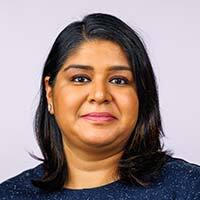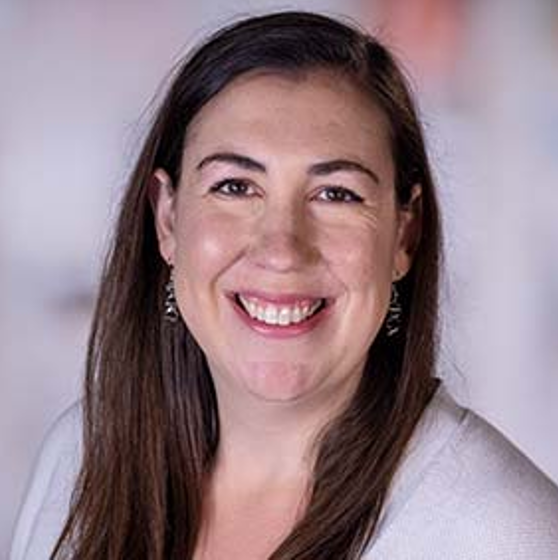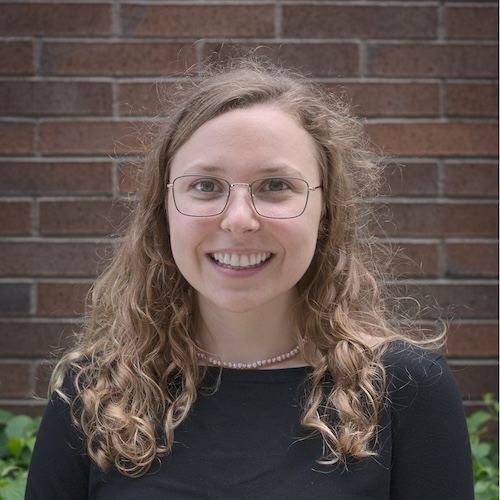Openscapes at Fred Hutch
We are proud to partner with Openscapes to bring the Openscapes Champions Cohort Program to Fred Hutch.
Openscapes Champions is a data science mentorship program designed for scientific research groups. The Champions program helps people reimagine data analysis & stewardship as a collaborative effort, develop modern skills that are of immediate value to the team, and cultivate collaborative and inclusive research communities.
On Feb 20, we had an informational session with Julia Stewart-Lowndes, founder of Openscapes and Stefanie Butland, co-coordinator of the program. Slides from the presentation.
Do you or your team…
- Need to use new data science tools but don’t know where to start?
- Work in isolation, but want to collaborate more often?
- Want to make your science more reproducible?
- Want to work alongside other teams to implement new practices for data analysis & stewardship?
If yes, the Openscapes Champions may be a good fit!
How does it work?
Openscapes Champions is a two-month program that is led remotely, with video calls designed for active participation to ignite sustainable change within data groups – within the realities of busy schedules and varying expertise and needs.
The Champions Program operates with cohorts of 5 to 7 groups, with 2 to 5 individuals per group (24-35 people total per cohort). Importantly, group leads (faculty, lecturers, program managers, etc.) and members (students, analysts, lab managers, etc.) participate together so that:
- everyone sees and values what is possible with open data science;
- leads enable members to invest time to learn skills and develop shared workflows;
- members have guidance, agency, and support to incorporate concepts into their work; and
- everyone becomes Champions for open data science, strengthening the community of practice within the research group and beyond.
If you are the “lonely data scientist” in your group, we still encourage you to apply. You will be grouped with similar-minded people as a group.
Spring 2025 Champions Cohort
The spring 2025 Champions Cohort will run from April 9th, 2025 to June 4th, 2025.
There are five cohort meetings, when all groups will meet together:
- April 9
- April 23
- May 7
- May 21
- June 4
The cohort meeting time is: 10am to 11:30am PT
In addition to the cohort meetings times, there will be 4 optional co-working times scheduled between the cohort meeting times.
To apply, please fill out the form here to nominate yourself or your group: Openscapes 2025 Application. Deadline for application: March 28, 2025.
For more information email us at data@fredhutch.org.
FAQ
- Q: What are the time commitments and cadence for participation?
- A: Please refer to https://openscapes.github.io/series/what-to-expect.html#cohort-calls
- Q: What are we actually doing during the sessions?
- Q: Any opportunities for observers? Auditing?
- A: People need to commit to full participation. No observers because we build psychological safety and trust from people participating and not dropping in and out. Sitapriya Moorthi acknowledges it was challenging at the start with the openendedness, but that ended up being an opportunity to define what you wanted.
- Q: would this work for someone like myself who is not directly involved with the science but on the administrative side, but still dealing with multiple data platforms and complex processes?
- A: Admins & contracts, managers, IT staff have participated. Value in people connecting across processes and workflows contributes to improving them.
- Q: How many people participate?
- A: Participants will be ~7 teams from Fred Hutch (35-40 people)
- Q: Mine is a wet lab. What would be relevant?
- A: Sita gave some examples: How do we decide as a team how to name our files consistently? Elana Thieme: Developed a consistent README for every sequencing project
Testimony from the 2023 Champions Cohort
The fall 2023 Champions Cohort included the the Berger Lab, Setty Lab, and Ha Lab. A recap of some of the work these teams accomplished is on the Openscapes blog.

“Openscapes was a fantastic introduction to what doing open science truly means. It provides practical skills on how to implement open science effectively and shows how collaborative coding helps you conduct better, more impactful research.”
– Sitapriya Moorthi, Staff Scientist, Berger Lab

“Openscapes was both so informative for our lab and also fun! Our technicians even developed a Github-based method for tracking wet lab tasks. I highly recommend the program for groups that want to improve their reproducible coding skills together!”
– Alice Berger, Prinicipal Investigator, Berger Lab

“Openscapes has helped me to implement better daily practices for reproducibility; for example, I now use a standardized README template for any new sequencing project that includes all relevant information for publication.”
– Elana Thieme, PhD Candidate, Setty + Lee Labs
“[The] Openscapes program has helped us establish practices for reproducibility and sharability for the projects in our lab.”
– Manu Setty, PI, Setty Lab

“Participating in Openscapes was the first time I was part of a group actively discussing and thinking about collaborative coding, most of my experience in code driven data analysis has been on my own, with the support of online resources, not colleagues! It was great to be a part of such a welcoming group at all levels, and be able to share experiences and develop systems in our lab, and foster a culture of sharing work in all stages of development.”
– Siobhan O’Brien, Postdoctoral Researcher, Berger Lab